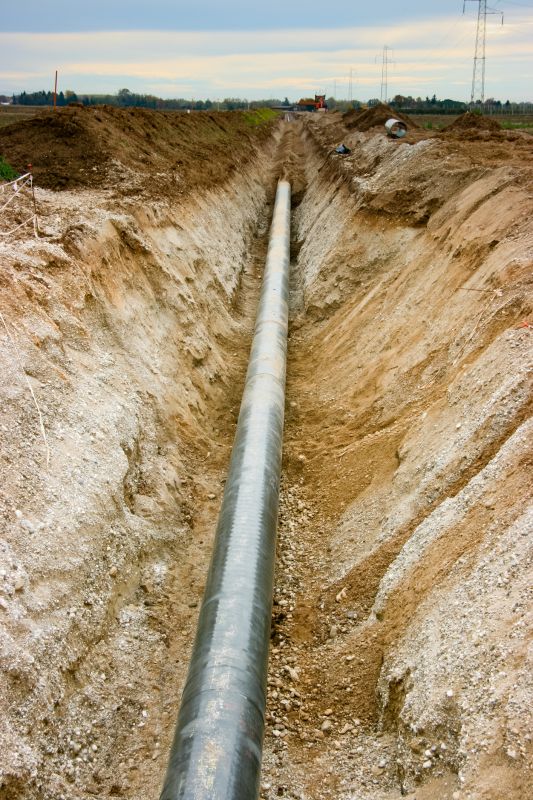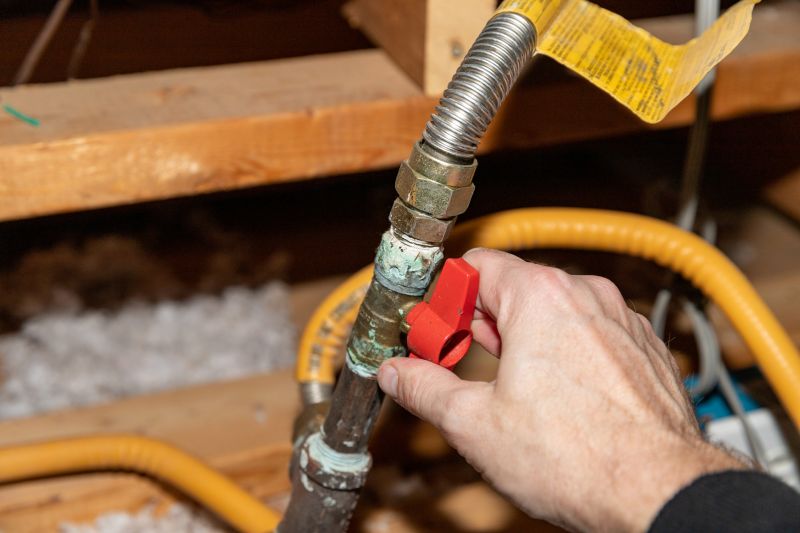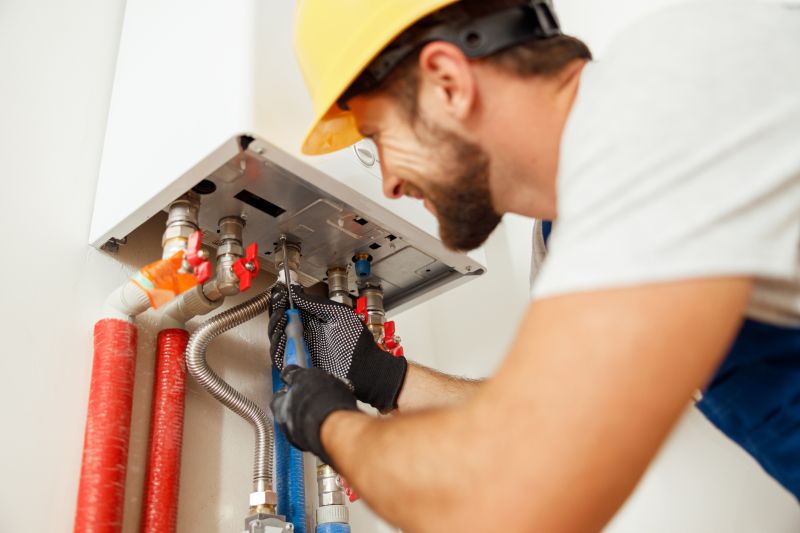Affordable Gas Line Installation for Residential Properties

Multiple stages of gas line installation are captured, showcasing the careful planning and precise work involved in ensuring safety and efficiency.

A fully installed gas line setup, demonstrating proper connections and secure fittings, ready for service.

Trained technicians installing gas lines with specialized tools, emphasizing the importance of expert craftsmanship.
Gas line installations are critical components in residential and commercial properties, providing a safe and reliable supply of natural gas for heating, cooking, and other applications. Proper installation ensures compliance with safety standards and minimizes the risk of leaks or other hazards. Statistics indicate that improperly installed gas lines can lead to significant safety issues, including gas leaks and potential explosions. Therefore, professional installation is essential to guarantee safety and efficiency.
The process of gas line installation typically involves site assessment, precise planning, excavation, pipe fitting, and thorough testing. Skilled technicians utilize specialized equipment to ensure all connections are secure and meet safety regulations. The entire process usually takes between one to three days, depending on the complexity of the system and the property size. Proper planning and execution are vital to prevent future issues and ensure long-term performance.
Professional gas line installations generally take from one to three days, depending on the scope and complexity of the project.
The process includes site assessment, trenching, pipe fitting, connection, and safety testing to ensure a secure and efficient system.
Hiring experienced technicians reduces the risk of leaks, ensures compliance with safety standards, and provides peace of mind regarding system reliability.
Engaging a professional for gas line installation is highly recommended due to the technical expertise required and safety considerations. Properly installed gas lines prevent leaks, reduce the risk of fire or explosion, and ensure the system operates efficiently over its lifespan. Experienced technicians follow strict safety protocols and adhere to local codes, providing reassurance that the installation is performed correctly.



